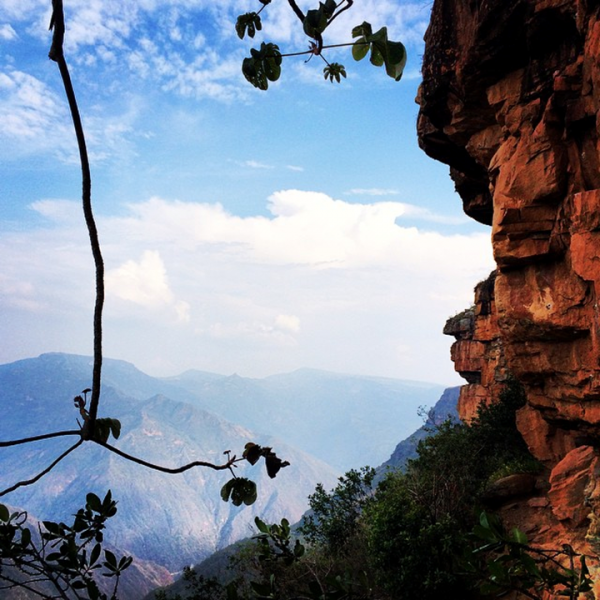This project aims to address the challenge of water scarcity in mountainous regions of Colombia by introducing an integrated biogas-water system at a hotel in the region.
 The mountainous regions of Colombia, such as La Mesa de los Santos near Bucaramanga, are often very arid. This leads to high demand for clean water, especially for small businesses such as those in the tourist sector. A significant volume of water has to be transported to the region by truck.
This project aims to address this challenge by introducing an integrated biogas-water system at a hotel in the region. The system includes a water heating system and wastewater collection facilities for irrigation purposes, with the resultant biodigester effluents being used as fertiliser. The demonstration project will increase the hotel’s sustainability, reduce its ecological footprint and promote biogas awareness to hotel guests. In addition, a combined outreach programme will raise awareness amongst nearby hotels and the regional business community, as well as the broader public, about the positive environmental and economic potentials of the technology.
The specific objectives of the project are:
The mountainous regions of Colombia, such as La Mesa de los Santos near Bucaramanga, are often very arid. This leads to high demand for clean water, especially for small businesses such as those in the tourist sector. A significant volume of water has to be transported to the region by truck.
This project aims to address this challenge by introducing an integrated biogas-water system at a hotel in the region. The system includes a water heating system and wastewater collection facilities for irrigation purposes, with the resultant biodigester effluents being used as fertiliser. The demonstration project will increase the hotel’s sustainability, reduce its ecological footprint and promote biogas awareness to hotel guests. In addition, a combined outreach programme will raise awareness amongst nearby hotels and the regional business community, as well as the broader public, about the positive environmental and economic potentials of the technology.
The specific objectives of the project are:
- To carry out a detailed baseline and feasibility study to ensure the appropriate fulfilment of the hotel’s needs for water heating, as well as an analysis of wastewater and effluents
- To construct and implement the biodigestion system at the hotel
- To analyse the socio-economic and environmental effects
- To disseminate the activities and lessons learned through information materials and via the RedBioCOL network
Projects with same technology
Biogas Generation through Biomass Production in a "Smart School" in the Lower Northern Region of Thailand
The aim of this project is to use food and agricultural waste, as well as animal dung, to generate biogas energy for producing/cooking school lunches at seven schools in Thailand.
Gasification and Biodigestion to Improve Small & Medium Scale Colombian Coffee Farms
This project aims to implement a suite of three technologies: gasification-fuelled cookstoves, tubular plug-flow biodigesters and gasification-fuelled coffee dryers. Using a participative process, six of these demonstration suites will be implemented in five departments of Colombia: Santander (2), Meta, Antioquia, Cauca and Caldas.
Projects in same country
Exchange: Community Exchange and Capacity-Building in Energy Alternatives for Food Production
The main objective was to link the concepts of energy sovereignty and food sovereignty using a two-pronged approach: the provision of hands-on capacity-building in sustainable energy technologies for food production and setting up a participatory dialogue among civil society organisations in Colombia.
Gasification and Biodigestion to Improve Small & Medium Scale Colombian Coffee Farms
This project aims to implement a suite of three technologies: gasification-fuelled cookstoves, tubular plug-flow biodigesters and gasification-fuelled coffee dryers. Using a participative process, six of these demonstration suites will be implemented in five departments of Colombia: Santander (2), Meta, Antioquia, Cauca and Caldas.